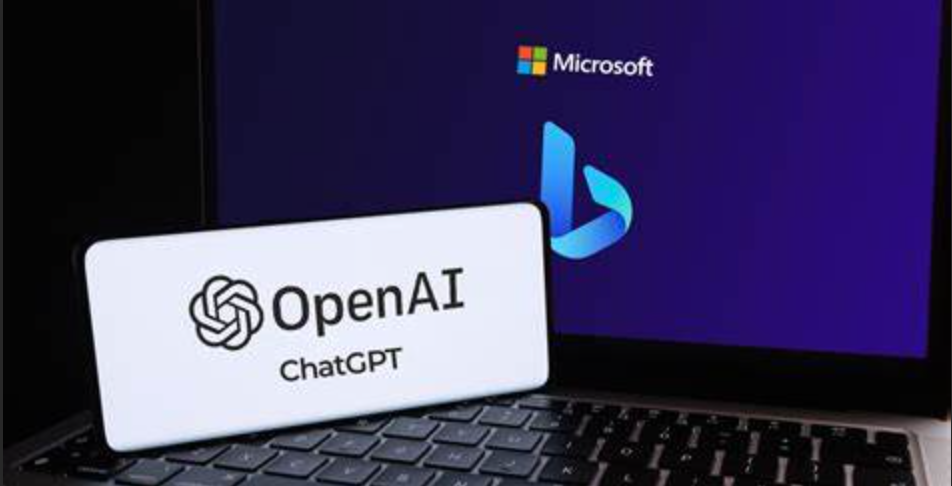
With the continuous development of technology, intelligent chatbots have become a ubiquitous presence in our daily lives, providing us with help and information on various topics. The hottest chatbot on the market today is undoubtedly ChatGPT, an app developed by OpenAI, a leading artificial intelligence research lab. This article will explore and examine what ChatGPT is, what is OpenAI, and the impact of ChatGPT on fintech.

The model is trained on large amounts of data to understand and respond to natural language input, making it an ideal tool for customer service and support. The technology behind ChatGPT is based on Generative Pre-Training Transformer 3 (GPT-3), one of the largest language models in the world.


The model is trained on large amounts of data to understand and respond to natural language input, making it an ideal tool for customer service and support. The technology behind ChatGPT is based on Generative Pre-Training Transformer 3 (GPT-3), one of the largest language models in The impact of ChatGPT on fintech is profound. Fintech is a fast-growing and changing industry, and ChatGPT is playing a key role in this transformation. The technology enables FinTech companies to automate many routine tasks, allowing employees to focus on more complex tasks. In addition, ChatGPT helps fintech companies better understand the needs and preferences of their customers, which leads to improved products and services. The technology also helps fintech companies more easily and efficiently meet regulatory requirements, which is critical in a heavily regulated industry.
ChatGPT provides a lot of room for the development of the fintech industry,
It mainly includes the following points:
Improve customer experience: ChatGPT can provide round-the-clock customer support through automated chatbots. This can greatly improve the overall customer experience as customers get immediate answers to their queries.
Increase efficiency: ChatGPT automates repetitive tasks, freeing up human employees to focus on more complex tasks. This increases efficiency and productivity.
Cost savings: Implementing ChatGPT can save money on recruiting and training employees. Automating certain tasks can also save costs in terms of reducing the need for manual labor.
Personalization: ChatGPT can provide personalized services to customers by analyzing customer data and providing tailored recommendations. This can greatly improve customer satisfaction and loyalty.
Increased speed and accuracy: ChatGPT can process large amounts of data quickly and accurately, resulting in faster decision-making and improved accuracy for tasks such as risk assessment
Although ChatGPT has advanced capabilities as a language model, there are still some limitations and challenges that need to be addressed when using it in the fintech space. Some of these limitations include: issues such as data privacy and security, regulatory compliance, and more.
According to Ethan Mollick, associate professor of management at the Wharton School of the University of Pennsylvania [1], ChatGPT is a turning point for AI and proves that the technology can be useful to a wider range of people. Mollick believes that in the business world, the ability to generate written content in a fast and accurate way means that productivity can be increased across industries. This will help organizations save time and resources and allow employees to focus on other important tasks.
Over the past year, the demand for AI in enterprises has grown steadily. Data from the 2022 Global AI Adoption Index, conducted by Morning Consult on behalf of IBM, shows that 35% of the more than 7,500 businesses surveyed last year used AI. This figure represents an increase of four percentage points from 2021. In addition, 42% of companies report exploring artificial intelligence. [2]
Overall, the advantages of AI in fintech are many, and ChatGPT and other AI technologies will have a significant impact on the fintech industry in the coming years. the world.
[1] https://hbr.org/2022/12/chatgpt-is-a-tipping-point-for-ai
[2] https://www.ibm.com/watson/resources/ai-adoption